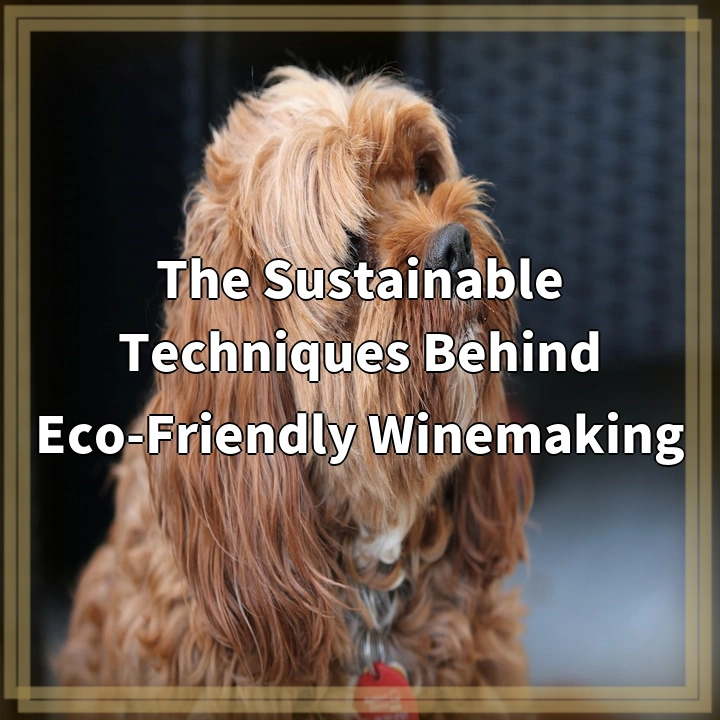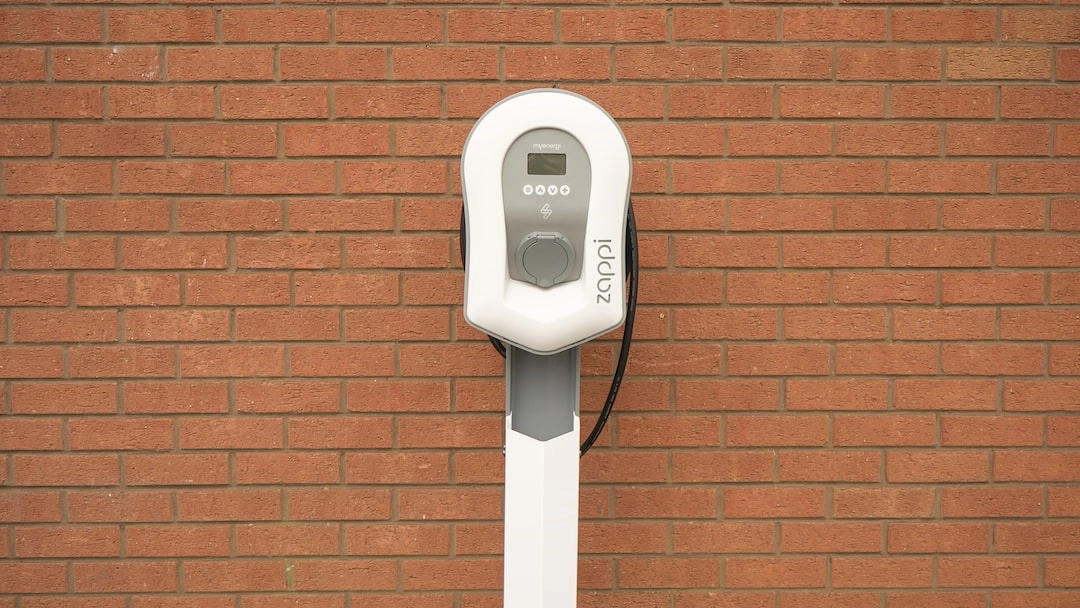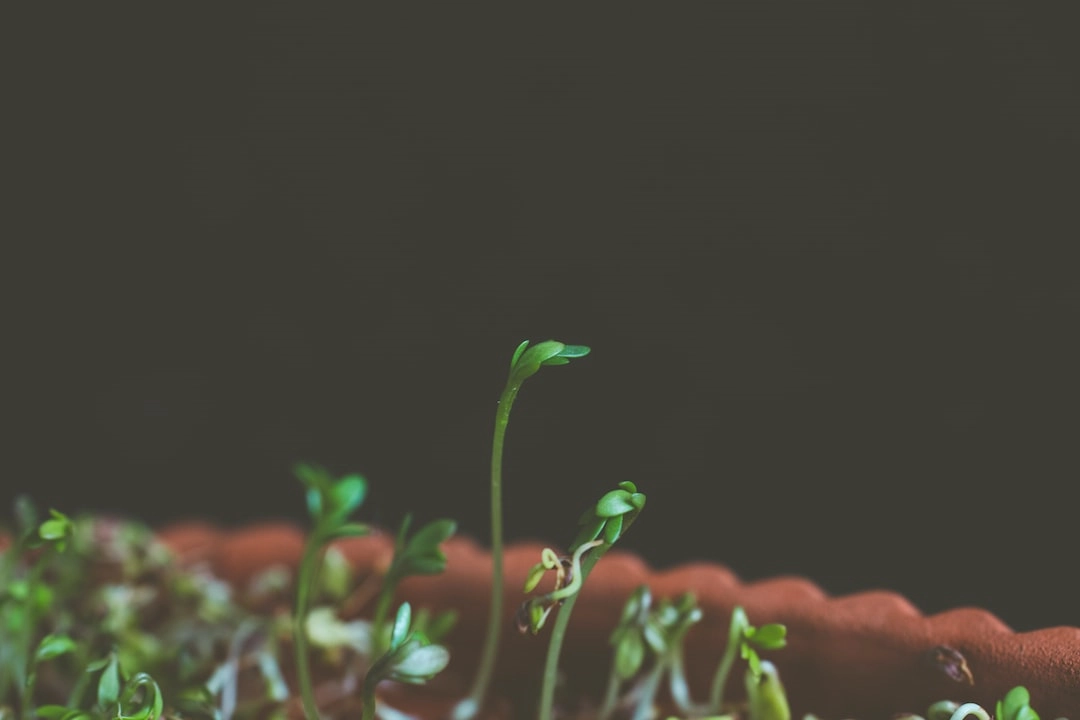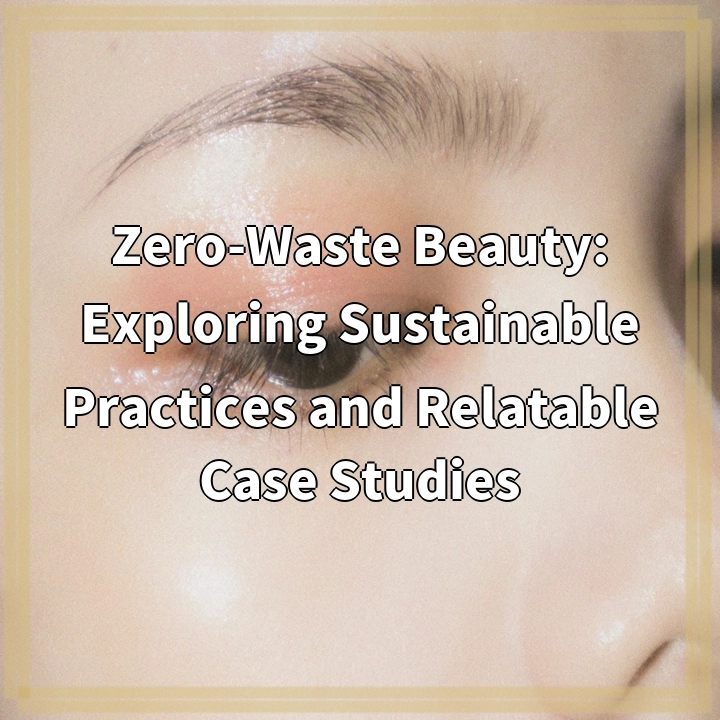
What is Eco-Friendly Winemaking?
Eco-friendly winemaking, also known as sustainable winemaking, refers to the use of practices that minimize the environmental impact of wine production. It involves adopting methods that prioritize ecological balance, conserve natural resources, and reduce greenhouse gas emissions.
Real-World Problems Associated with Traditional Winemaking
1. Water and Soil Pollution
Traditional winemaking practices often involve the use of synthetic pesticides, herbicides, and fertilizers. These chemicals pose a risk to water sources through runoff and can contaminate soil, affecting biodiversity and the health of the ecosystem.
2. Carbon Footprint
Transportation and energy-intensive processes during wine production contribute to a significant carbon footprint. From vineyard management to harvesting, fermentation, and bottling, the wine industry’s carbon emissions add up, exacerbating climate change.
3. Biodiversity Loss
Expansion of vineyards often leads to deforestation and destruction of natural habitats. Traditional practices may favor mono-cropping, reducing biodiversity and negatively impacting insect populations, bird species, and other crucial components of the local ecosystem.
4. Excessive Water Usage
Water is a vital resource in winemaking, but conventional methods often involve inefficient irrigation systems and excessive water use. This not only strains local water supplies but also contributes to water scarcity in regions where vineyards are prevalent.
5. Waste Generation
Wine production generates significant amounts of waste, including grape skins, stalks, and lees. Improper disposal of this waste can lead to water pollution and contribute to greenhouse gas emissions. Additionally, the energy-intensive process of glass bottle production contributes to waste and environmental impact.
Conclusion
Sustainable winemaking practices offer a solution to mitigate the environmental challenges associated with traditional wine production. By implementing eco-friendly techniques, such as organic and biodynamic farming, water conservation methods, renewable energy adoption, and responsible waste management, the wine industry can play a significant role in preserving the environment and promoting sustainability.

Solutions for Eco-Friendly Winemaking
Implementing sustainable practices in winemaking can help address the environmental issues associated with traditional methods. Here are some key solutions:
1. Organic and Biodynamic Farming
By adopting organic farming practices, such as avoiding synthetic pesticides and promoting natural pest control, winemakers can reduce water and soil pollution. Biodynamic farming takes this a step further, emphasizing biodiversity, composting, and cosmic rhythms to create a holistic and sustainable vineyard ecosystem.
2. Water Conservation Measures
Implementing efficient irrigation systems like drip irrigation and using technologies that monitor soil moisture can help minimize water usage in vineyards. Additionally, capturing and reusing winery wastewater can further reduce water consumption in the production process.
3. Renewable Energy Adoption
Reducing the carbon footprint of winemaking operations can be achieved by transitioning to renewable energy sources like solar or wind power. Installing solar panels on winery roofs or utilizing renewable energy grids can significantly decrease greenhouse gas emissions.
4. Biodiversity Conservation
Promoting biodiversity within vineyards can be accomplished by preserving native vegetation, creating wildlife corridors, and utilizing cover crops. This supports natural pest control, enhances soil health, and preserves the balance of local ecosystems.
5. Responsible Waste Management
Winemakers can implement composting systems to manage grape waste effectively. Additionally, exploring alternatives to traditional glass bottles, such as lightweight glass or sustainable packaging options like cans or bag-in-box, can reduce waste and lower carbon emissions associated with transportation.
Conclusion
The sustainable techniques outlined above provide winemakers with actionable solutions to address the environmental challenges posed by traditional winemaking practices. By committing to eco-friendly approaches, the wine industry can take an active role in preserving the planet for future generations while producing high-quality, delicious wines.















